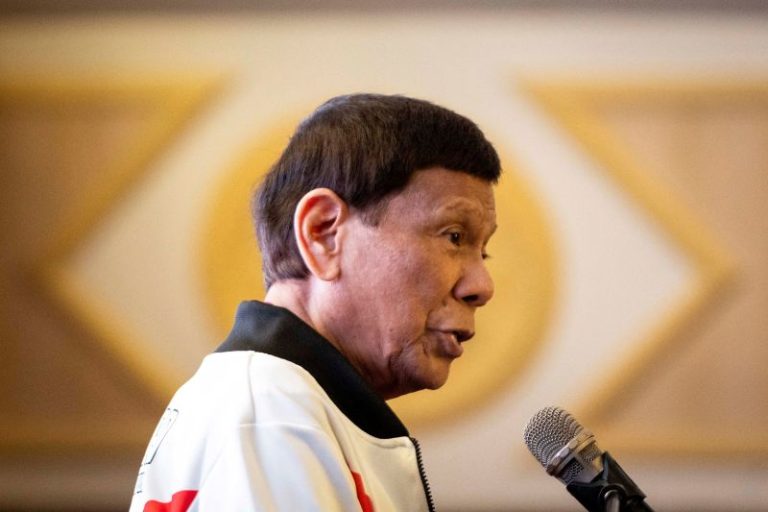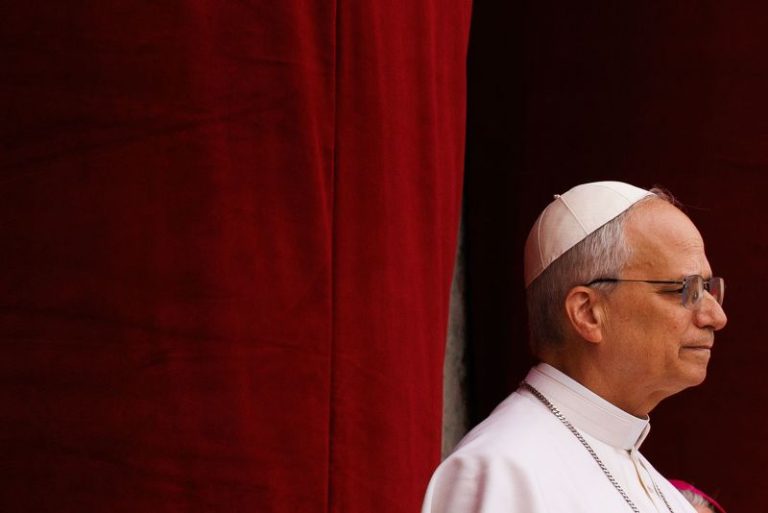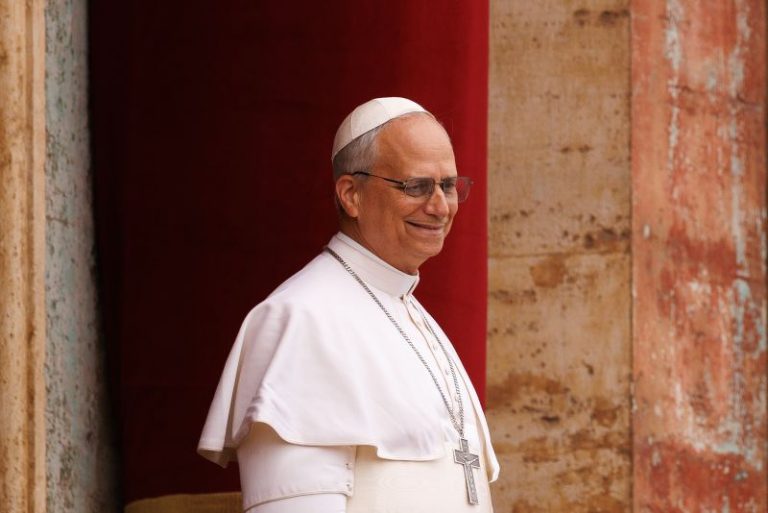In the gripping game of thrones of Philippine politics, voters have delivered former Philippine President Rodrigo Duterte a sweeping mayoral victory in his hometown stronghold of Davao – predictable for a family that has held the job for more than 20 years.
But this latest landslide win creates a predicament for the Philippines, as the mayor-elect is thousands of miles away behind bars awaiting trial on charges of crimes against humanity.
Prosecutors at the International Criminal Court (ICC) in The Hague accuse the 80-year-old political patriarch of carrying out a brutal war on drugs that killed possibly thousands of people, including many innocents and bystanders. Though he openly boasted about the crackdown, Duterte has long denied accusations of human rights abuses and has repeatedly said he will not kowtow to a foreign court.
His next hearing is in September, but before then experts say he faces a new, complicated legal battle between the ICC and Philippine jurisdiction over whether he will be allowed to take the oath of office.
Duterte can potentially be sworn in by proxy or in absentia – possibly by a video call, but only if The Hague-based court allows it, experts say.
If he’s allowed to assume the role, questions will be asked about how he could administer the southern city from a detention center in another time zone, where he has access to a computer and phone calls to family, but no internet.
Under Philippine law, day-to-day duties could fall to his youngest son, Sebastian Duterte, who was elected as vice mayor of Davao City.
If the senior Duterte isn’t allowed to take the oath, experts say the role of mayor could fall to election runner-up Karlo Nograles, of the Nograles political dynasty, longtime Duterte rivals in Davao, where both families tussle for influence.
Ramon Beleno, a political analyst and former professor from Ateneo de Davao University, said handing the job to Nograles could trigger a separate legal challenge from the Dutertes.
Duterte’s ‘last hurrah’?
Duterte remains a powerful yet divisive figure in the Philippines. In Davao City, where he served as mayor for over two decades before becoming president in 2016, fervent supporters credit his iron grip over the city with bolstering law and order.
Duterte’s lawyer, Nicholas Kaufman, was quoted by Philippine news outlet ABS-CBN as saying the “overwhelming” support for Duterte in the 2025 midterm elections showed the public’s “total rejection” of the national government’s “attempt to stamp out” the former president’s legacy.
Beleno said voters saw this election as Duterte’s “last hurrah” and cast their ballot as a final tribute to the aging former strongman leader. Duterte’s arrest had only galvanized voters, he said.
Support for Duterte extended to his family, who re-emerged in the vote with sweeping control of their political stronghold.
All five Duterte family members who ran in this election won by a landslide. Duterte’s son Paolo was re-elected to congress and two of Paolo’s sons also won public office: Omar won as congressman for Davao City’s second district and Rodrigo II, who goes by the nickname “Rigo,” was elected as first district councilor.
Sebastian Duterte, the vice mayor-elect – who could be mayor in his father’s absence – is not as outspoken as the elder Duterte and a lot of political responsibilities are already weighing against him at home, Beleno said.
Is he allowed to be mayor?
The main legal hurdle Duterte faces, despite his landslide mayoral win, is whether he would be allowed to swear the oath during his enforced absence.
All elected public officials are supposed to take their oath within 30 days of their supposed assumption of office on July 1, according to Joel Butuyan, an ICC-accredited lawyer and president of human rights NGO CenterLaw.
Unable to be sworn in at home, Duterte would need to take the oath in the presence of a Philippine ambassador or consul in The Hague, which seems unlikely, Butuyan said.
“I don’t think he’s going to be allowed to get out just to take office because it’s not in the enumerated rights of an accused (person) in the ICC,” he said.
If the ICC grants Duterte permission, the oath will be recognized in the Philippines, but he “will not be able to perform his functions because he’s out of the country and he’s in detention,” Butuyan said.
“It’s not ideal at all,” Butuyan added, of the election result. “It does not serve the interests of the people of Davao that they voted for someone who will not be able to perform his functions as a city mayor.”
The mayor is the face of the city, with administrative tasks such as attending meetings and functions, signing documents and authorizing payrolls – all difficult to do effectively if Duterte is sitting halfway across the world, said Beleno, the political analyst.
Even before the final votes were cast, Duterte’s daughter, Vice President Sara Duterte-Carpio, said that her father’s ICC lawyer and Philippine legal team were discussing how he can take the oath.
“The ICC lawyer said that once we get proclamation papers, we’ll discuss again how former President Rodrigo Duterte can take the oath,” she said.
In a court filing to the ICC earlier this month, Kaufman said there is no legal basis for the case against Duterte because the Philippines is no longer a member of the Rome Statute.
Duterte withdrew the Philippines from the ICC, but under the court’s withdrawal mechanism, it keeps jurisdiction over crimes committed during the membership period of a state – in this case, between 2016 and 2019, when the country’s pullout became official.
A political stalemate
The closely watched midterm election was considered a proxy battle between President Ferdinand Marcos Jr. and Vice President Duterte-Carpio as ties disintegrate between the former allies turned enemies.
The vice president is facing impeachment complaints in the House of Representatives amid allegations of corruption, which she denies. A two-thirds vote in the Senate is required to convict her, remove her from public office, and ban her from seeking any public post.
To stay in office, Duterte-Carpio needs nine of 24 senators to vote for her acquittal. And neither the Marcoses nor the Dutertes dominate the Senate after the May 2025 vote.
The race yielded a three-way stalemate between Marcos-endorsed candidates, Duterte-allied politicians, and liberal-leaning figures, said Maria Ela Atienza, a political science professor at the University of the Philippines.
“The vice president has more breathing room now … but she should also be careful with how the public perceives her,” Atienza said. “Her popularity ratings have recovered a bit … but we have seen she can make mistakes that can affect the sentiments of the people.”
In reality, the Filipino public is also becoming impatient with the drama in high places, Atienza said. “They’re getting tired of having the Dutertes always fighting with the Marcoses,” she said.
For now, political bickering is in gridlock. But Rodrigo Duterte’s stronghold still stands and his supporters long for the day he is officially declared mayor and comes back to serve his home country.










